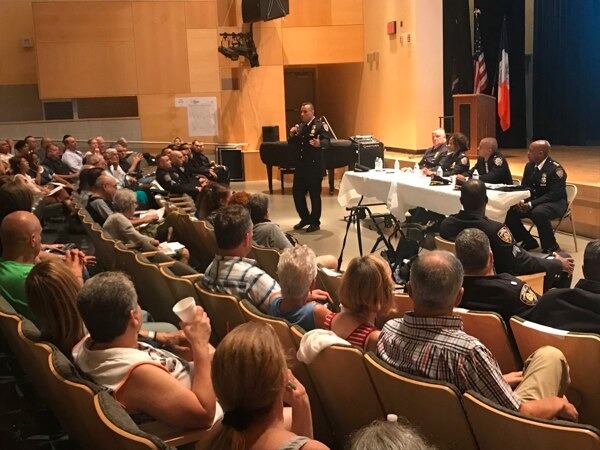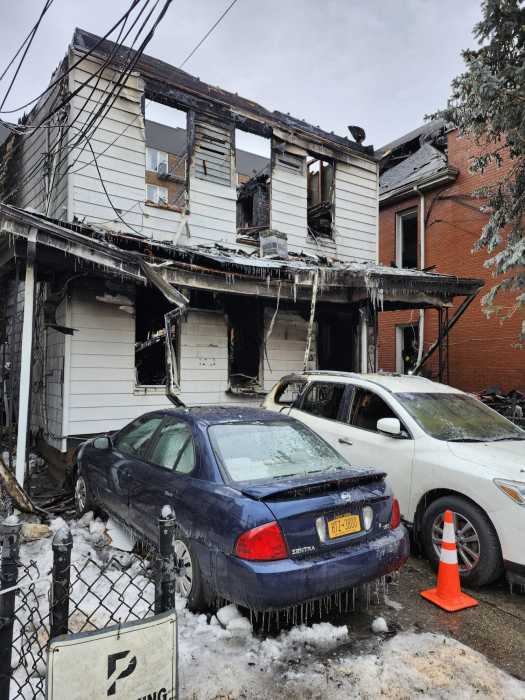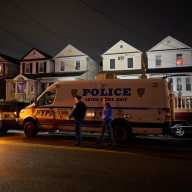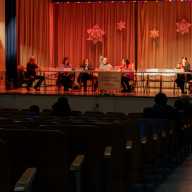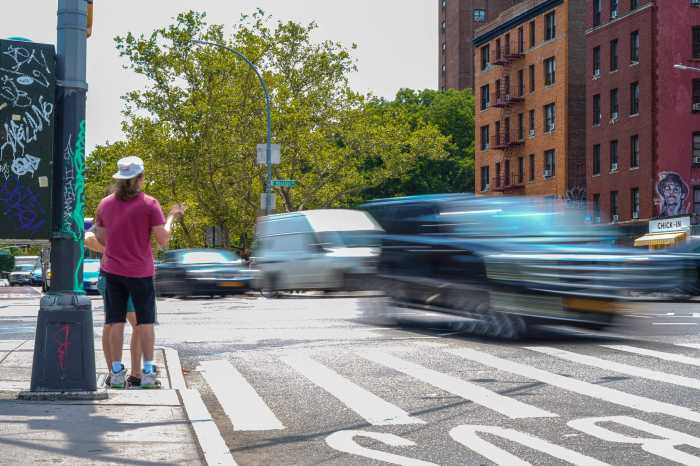By Carlotta Mohamed
The NYPD’s 112th Precinct in Queens has become the latest command to receive the Neighborhood Coordination Officer program in New York City.
Forest Hills and Rego Park residents filled the auditorium last week at Queens Metropolitan High School, located at 91-30 Metropolitan Ave., to meet their neighborhood coordination officers and learn about the new 112th Precinct Neighborhood Policing Program.
The Neighborhood Policing Program, introduced in 2015, divides precincts into several staffed sectors designed to correspond to the boundaries of individual neighborhoods, according to the NYPD.
The 112th Precinct will divide Forest Hills and Rego Park into four sectors categorized A through D. Each sector will have two designated NCOs working the same shifts in the same areas, listening to concerns of residents and nurturing relationships within the neighborhood.
Residents can call, text, or e-mail their designated NCOs whose information can be found on the NYPD website.
“The little things are the big things,” said Capt. Jonathan Cermeli of the 112th Precinct. “I’ve seen the success stories. Now your specific area has officers that are dedicated just to taking care of your complaints and concerns.”
Sector A, covering Forest Hills between Queens Boulevard, Union Turnpike and Yellowstone Boulevard, will be patrolled by officers Nicole Atkinson and Daniel Rivas.
Sector B, which covers southern Rego Park from Woodhaven Boulevard to Queens Boulevard, as well as along 67th Avenue and the Rockaway Beach Rail Line, will be watched by Officers Sean Barnwell and Issac Zamor.
Sector C, which covers Northern Rego Park and Forest Hills, from Queens Boulevard to Grand Central Parkway between 65th Avenue and the Long Island Expressway, will be looked after by Officers David Bleck and Robert Faulkner.
“It’s a different philosophy than what we’re used to seeing here,” said Howie Moskowitz, who lives in sector C. “It not only depends on the police officers, it depends on the people in the community too. We’re hoping to see what positive change will take place.”
According to NYPD Chief of Patrol Rodney Harrison, several practices in the past such as stop-and-frisk, had prevented a “trusting relationship” between the NYPD and the community.
“One of the key responsibilities of an NCO is to take time out to interact with the community,” said Harrison. “I want every single resident in New York City to know who their NCO is. To engage, officers will visit nursing homes, schools, local businesses and patrol the streets.”
Harrison said the NCO program has been successful for the NYPD, and other police departments in the country want to implement its policies. He further added that the NCOs received top-notch training in courses involving criminal investigation, a four-day NCO training course, mediation, and public speaking.
“Each NCO will host ‘Build the Block’ meetings once every three months at different locations in their assigned sector to work with the community to identify problems and develop strategies to address crime and other issues in the neighborhood,” said Harrison.
The new sectors will have four officers and two NCO’s conducting midnight tours between 12 a.m. and 8 a.m. and tours during the day between 8 a.m. to 4 p.m. The officers will also work with other city agencies like the Department of Sanitation or the Department of Transportation to address issues in the neighborhood.
“Anything that comes up, that flares up, the NCOs will be able to address it,” said Harrison.
Reach reporter Carlotta Mohamed by e-mail at cmoha

